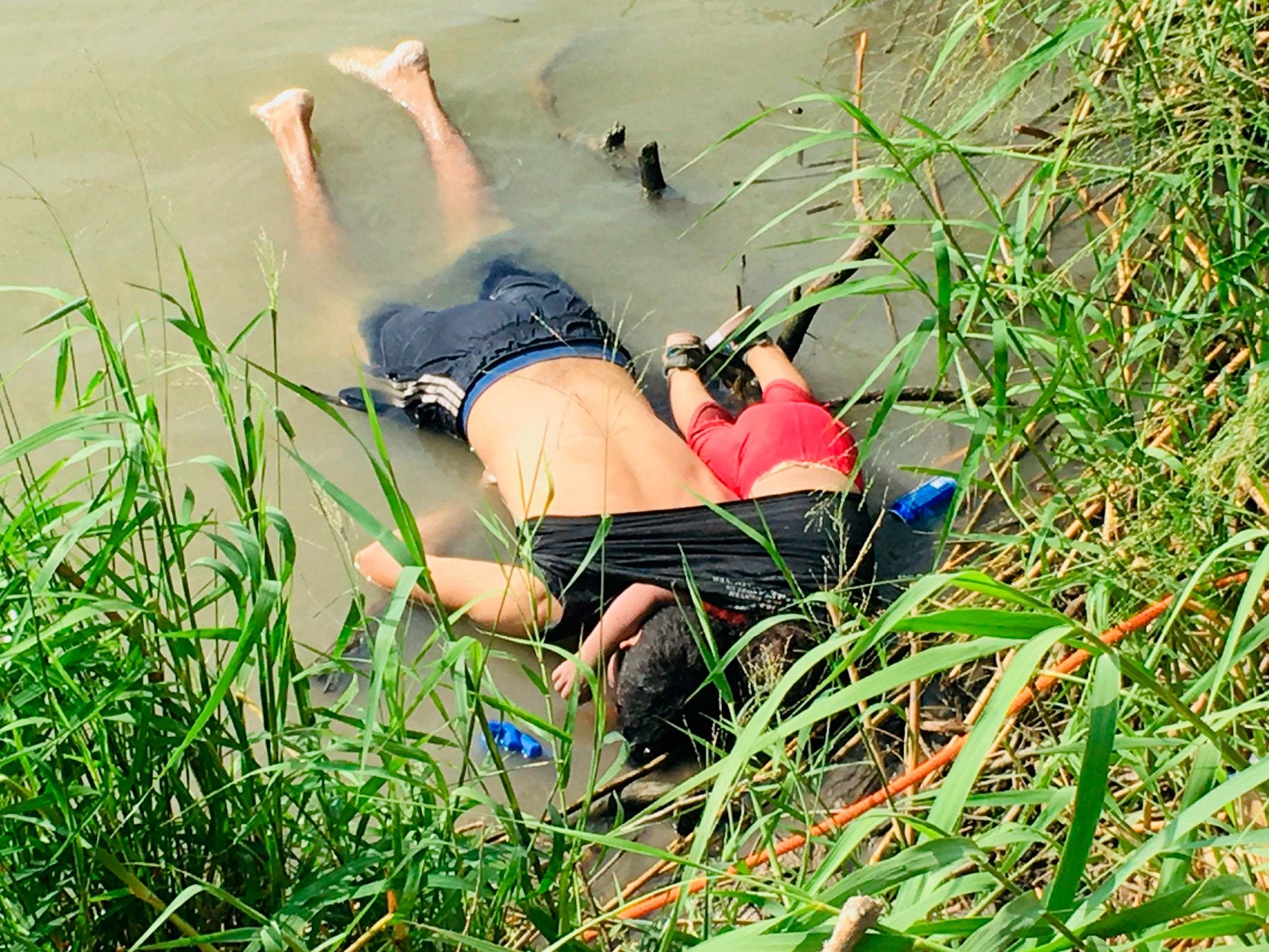A harrowing image of a failed flight to safety has revealed the consequences of a president’s words
We are not yet desensitised to the tragedies these photographs depict, but the more depressing truth is that the compassion doesn’t last

Your support helps us to tell the story
From reproductive rights to climate change to Big Tech, The Independent is on the ground when the story is developing. Whether it's investigating the financials of Elon Musk's pro-Trump PAC or producing our latest documentary, 'The A Word', which shines a light on the American women fighting for reproductive rights, we know how important it is to parse out the facts from the messaging.
At such a critical moment in US history, we need reporters on the ground. Your donation allows us to keep sending journalists to speak to both sides of the story.
The Independent is trusted by Americans across the entire political spectrum. And unlike many other quality news outlets, we choose not to lock Americans out of our reporting and analysis with paywalls. We believe quality journalism should be available to everyone, paid for by those who can afford it.
Your support makes all the difference.The eye does not want to linger on the image. A father and his daughter, their arms intertwined, lay face down, dead on the banks of the Rio Grande.
Oscar Alberto Martínez Ramírez and his daughter Valeria, not quite two years of age, died trying to cross the border from Mexico to the United States. Or, to put it more accurately, from desperation to freedom. They had arrived at the border from El Salvador and, like so many others, were travelling through Mexico in order to claim asylum in America, to which they had a right. Faced with the squalid conditions in a refugee camp on the Mexican side of the river, they took their chances.
As with the upsetting image of Alan Kurdi, the little Syrian refugee boy whose death caused an international storm of protest in 2015, the photograph is a powerful symbol of something that has gone very wrong in our world. Alan and his family too wanted nothing more than to live out their lives in safety.
These photographs – and many others like them – tell us that we count the lives of “others” as less valuable. In a world seemingly overwhelmed by angry nationalistic populism, the victims of wars and famines and poverty are not seen for what they are – lives of equal value. It is much easier for populations and their leaders to demonise and dehumanise “migrants”, dismissing them, as Donald Trump once did in the most inhumane, callous terms.
Remember this claim from a Trump rally almost exactly four years ago that the Mexican authorities “are sending people that have lots of problems, and they are bringing those problems to us. They are bringing drugs, and bringing crime, and their rapists.” He has since repeated these tropes on many occasions. He has spoken of people as “animals” who are “infesting our country”.
It is why he wants to build his absurdly expensive and ineffective wall. It is why he is imposing economic sanctions on Mexico, which will only further impoverish the region’s poor. It is why the head of his customs and border patrol agency has had to quit over the conditions in the camps for people who do make it across the border.
When leaders – be it in Italy or Britain or America – choose to talk about migration in such terms, when they stand proudly by posters of refugees with the slogan “Breaking Point”, and when they propagate historically common prejudices about lazy, diseased criminal foreigners seeking to infiltrate supposedly pristine societies, they distort the truth, violate common humanity and cost lives.
All images such as this can do is provide some corrective to this corrosive narrative, and to make even the most heartless political leader, newspaper editor or citizen in the lucky, prosperous west think for a moment.
Shock photography has historically had the effect of provoking periodic waves of compassion and conscience. When The Independent decided to publish the Alan Kurdi picture in September 2015 it was precisely because it was so upsetting, even offensive, to many. The Independent did it because others did not, and its impact was keenly felt.
The hashtag #RefugeesWelcome trended. The then prime minister, David Cameron, promised to allow in a few thousand more child refugees. But, it is only fair to add, many more refugees drowned in the Mediterranean.
Everyone can remember the naked girl running from the napalm in the Vietnam war, the “tank man” in Tiananmen Square, the famous green-eyed Afghan refugee girl, for example, as well as Alan Kurdi, and now Oscar and Valeria.
We are not yet desensitised to the tragedies they depict, but the more depressing truth is that the compassion doesn’t last, and the plight of those caught up in the huge movements of fellow human beings across continents remains as it was before the publication of an arresting image.
We live in an age of such horrors and, while an individual story and distressing image can give pause for thought and reflection, people soon move on. President Trump may drop the racist insults for a while but his policies won’t change, and Oscar and Valeria won’t be the last victims of them.
Join our commenting forum
Join thought-provoking conversations, follow other Independent readers and see their replies
Comments